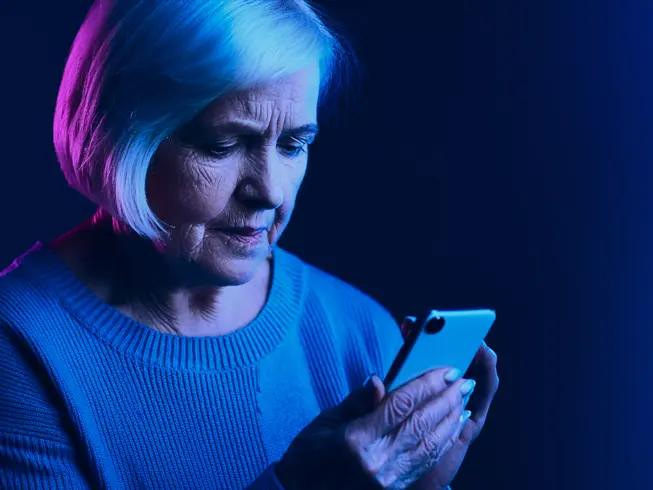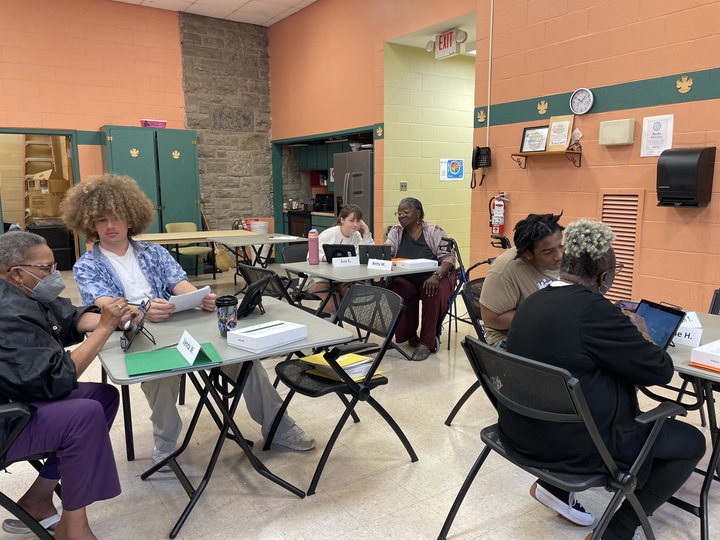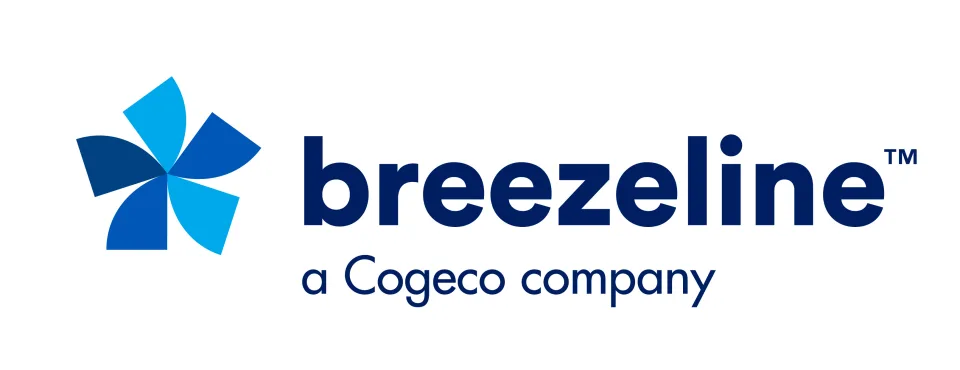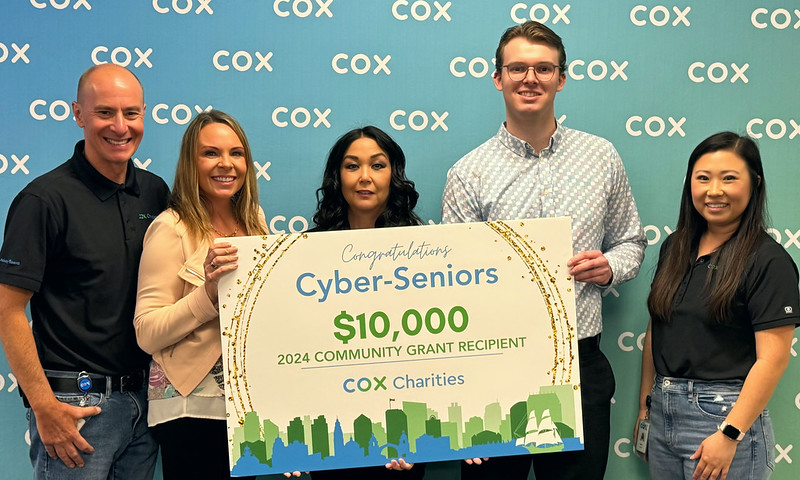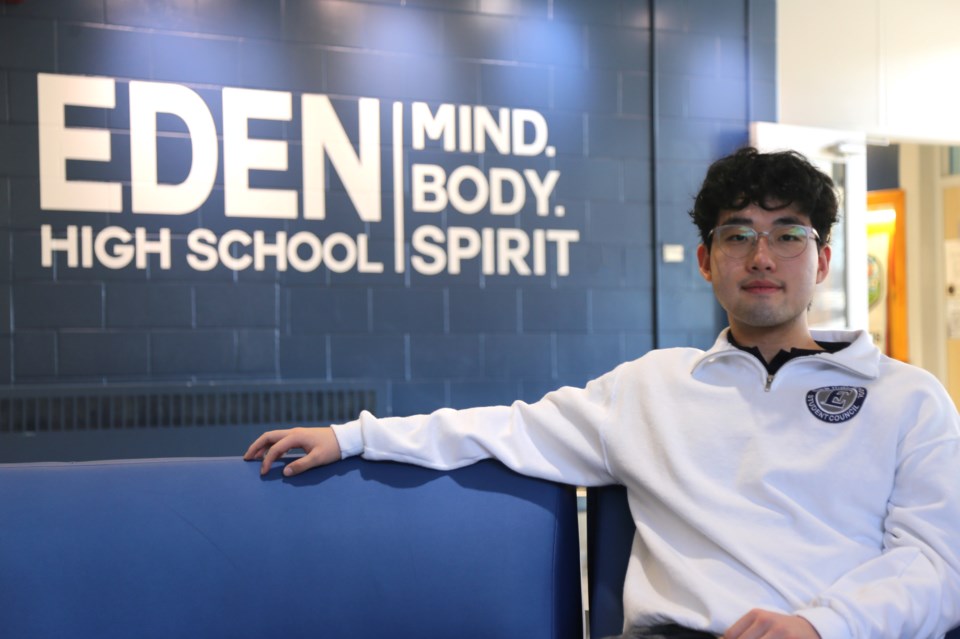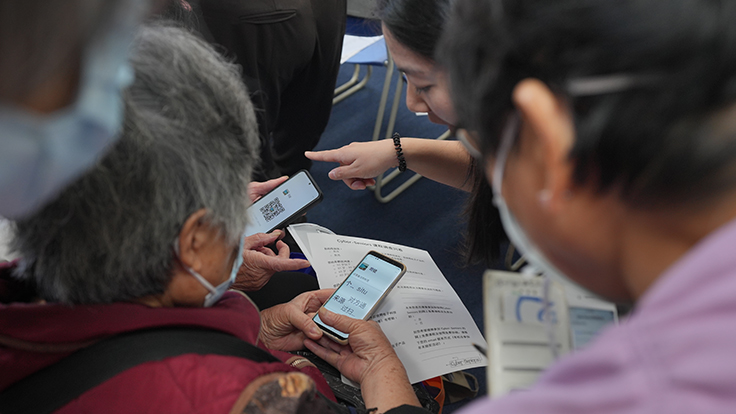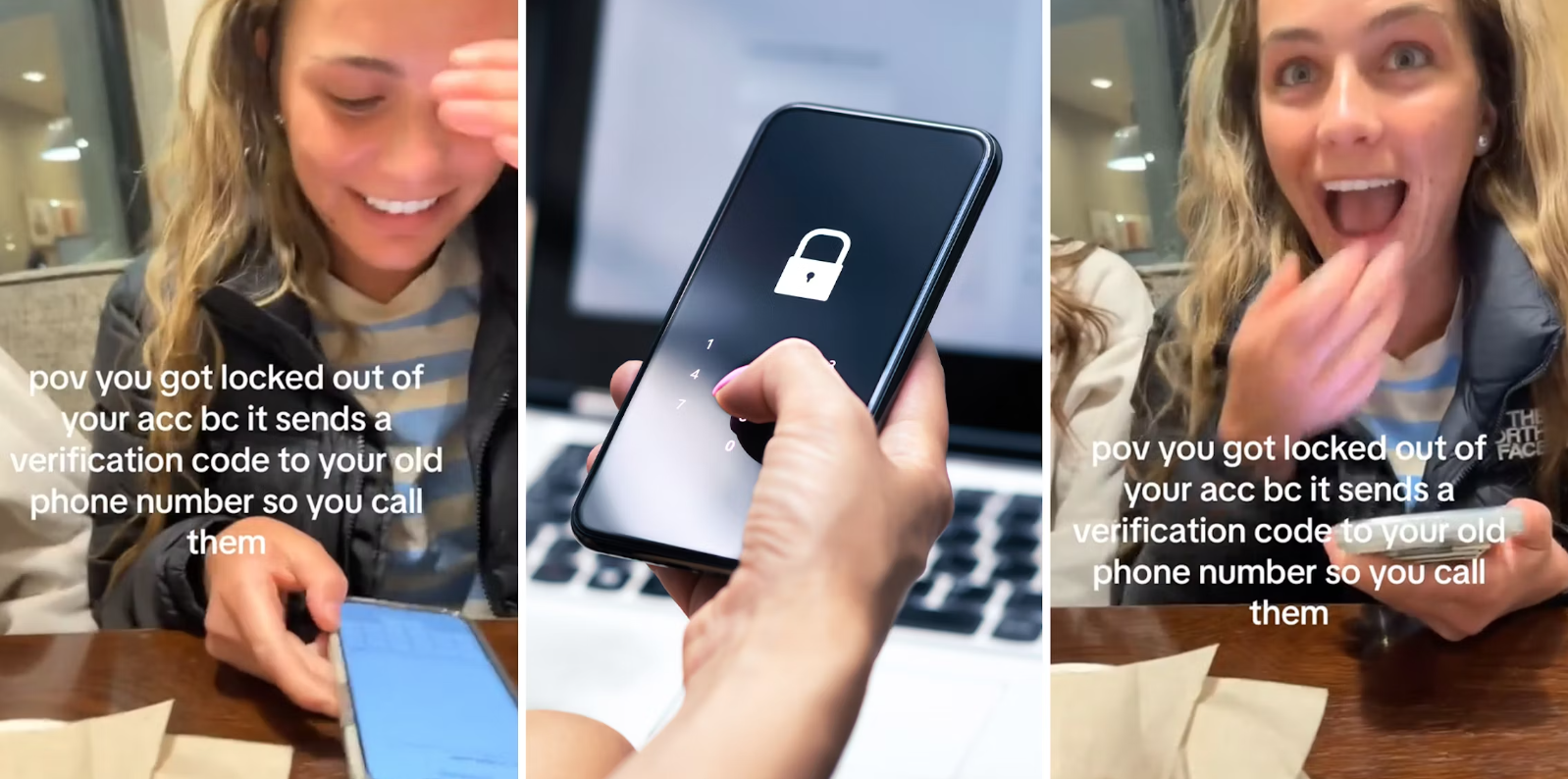Breezeline Brings Telehealth Training to Older Adults in Pennsylvania
Breezeline partners with Cyber-Seniors for technology seminar
Breezeline Digital Learning Seminar
BERWICK, Pa., Aug. 06, 2024 (GLOBE NEWSWIRE) — Breezeline, a leading internet, TV, phone and wireless service provider in the U.S., hosted a digital learning seminar on August 5 to empower older adults in Pennsylvania with the knowledge and skills to access healthcare services remotely via their computers, tablets, and other personal devices.
The telehealth seminar was held at the Berwick Senior Center in Berwick in partnership with Cyber-Seniors, a non-profit organization that provides technology training and digital mentoring to seniors via an intergenerational, volunteer model.
“We are thankful for Breezeline’s commitment to our seniors. Programs like this ensure older adults in Berwick understand how to use technology,” said Jan Banko, manager of the Berwick Senior Center.
According to Cyber-Seniors, telehealth services lead to more convenient and accessible patient care. Telemedicine is particularly impactful for patients with mobility issues and patients in rural areas. Knowledge of and access to telehealth technology can reduce non-urgent emergency room visits and increase older adults’ chances of living independently.
“Breezeline values the opportunity to teach older adults important skills like how to use telehealth services,” said Katherine McCoid, public relations manager for Breezeline. “Staying connected is crucial, and Breezeline is proud to provide technology training services to older adults in Pennsylvania.”
To learn more about Breezeline’s commitment to digital literacy, please visit www.cyberseniors.org/breezeline.
About Breezeline
Breezeline is the eighth-largest cable operator in the United States. The company provides its residential and business customers with Internet, TV, and Phone services in 13 states: Connecticut, Delaware, Florida, Maine, Maryland, Massachusetts, New Hampshire, New York, Ohio, Pennsylvania, South Carolina, Virginia and West Virginia, as well as mobile service in most states in which it operates. Breezeline is a subsidiary of Cogeco Communications (TSX: CCA), which also operates in Canada, under the Cogeco Connexion name.
Media Contact
Katherine McCoid
Breezeline
kmccoid@breezeline.com


